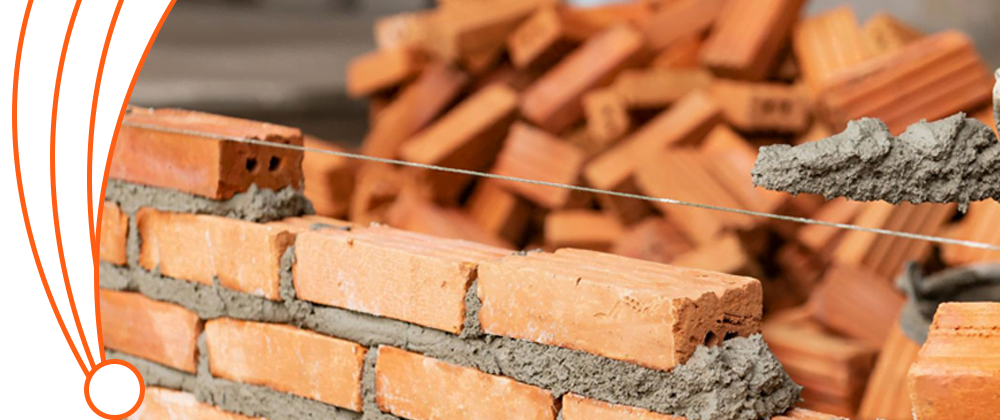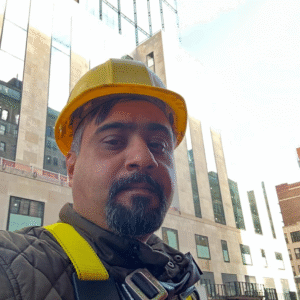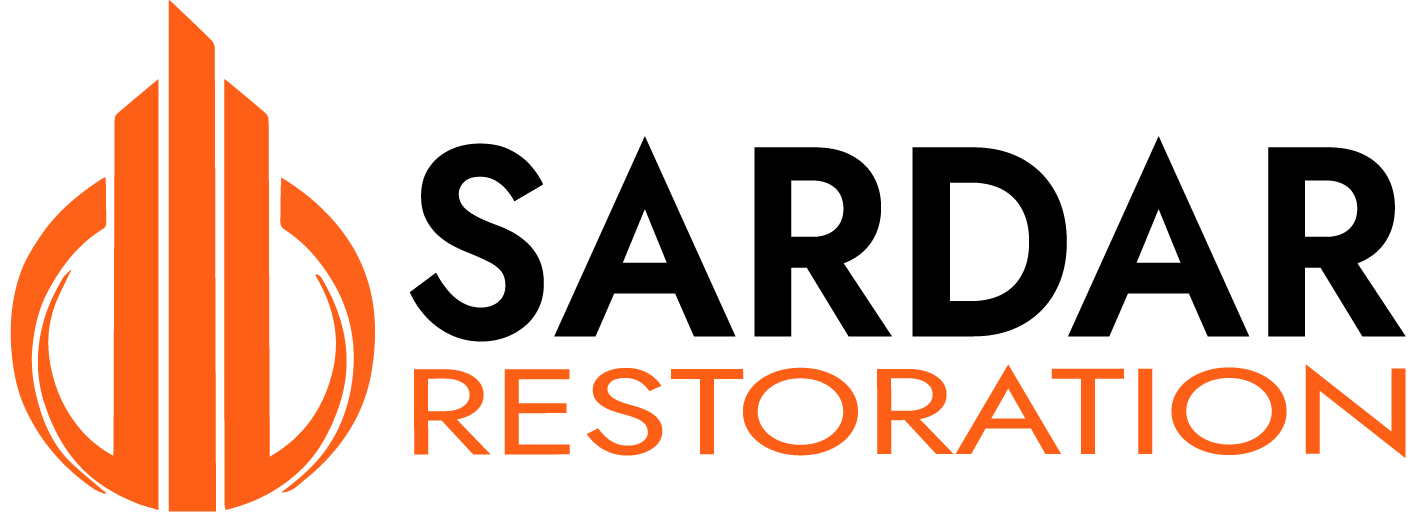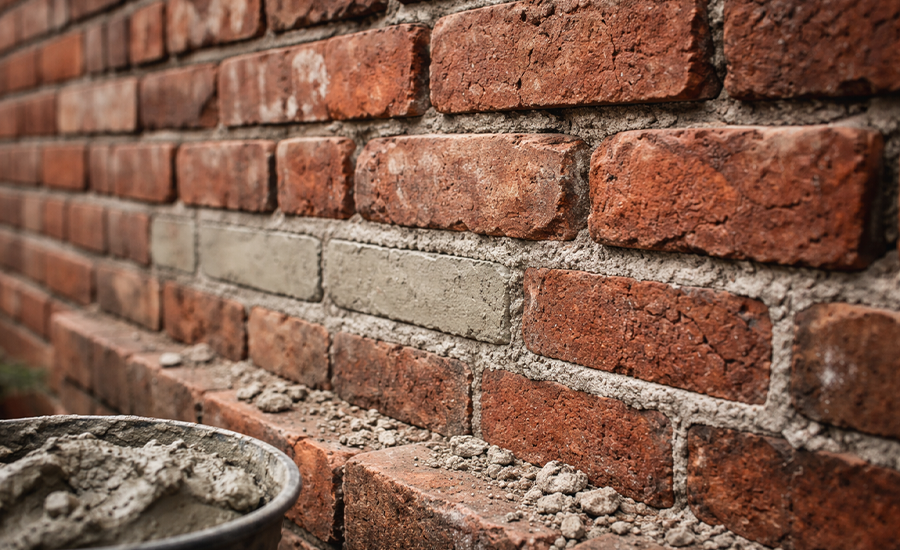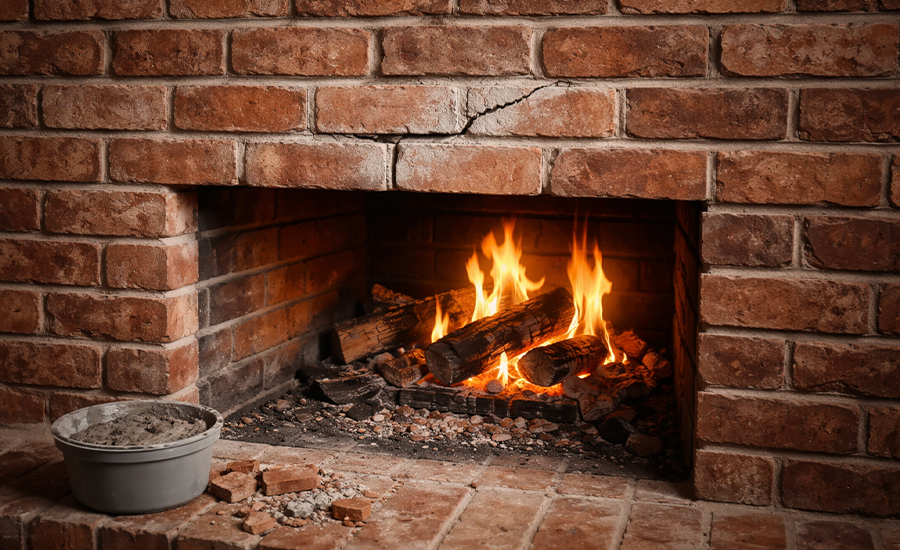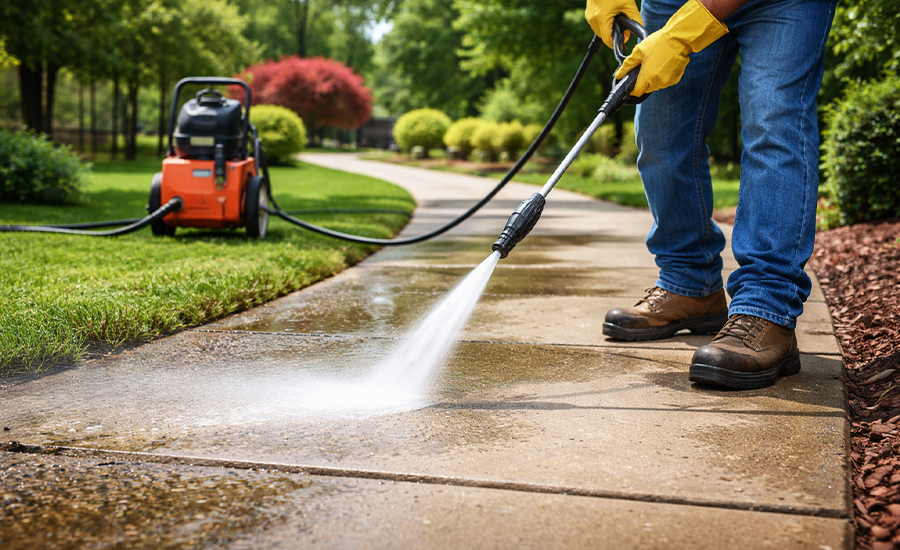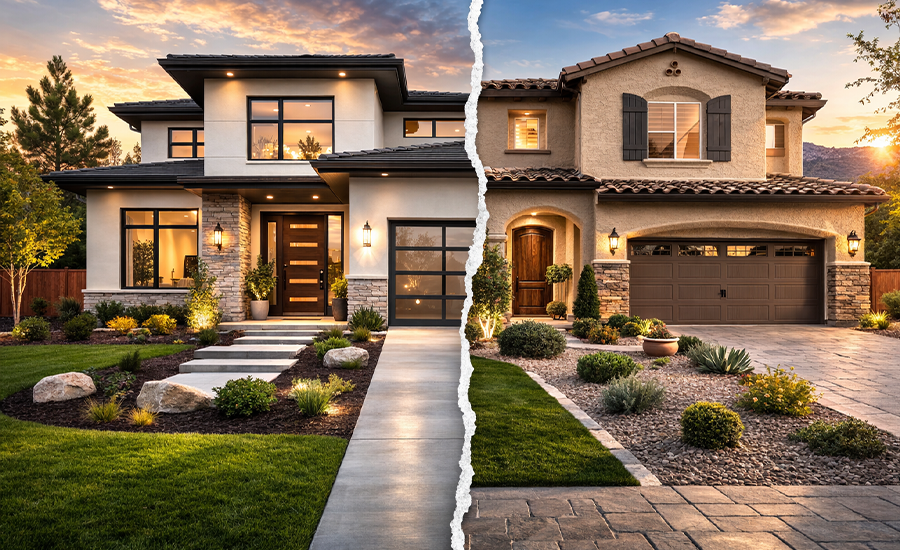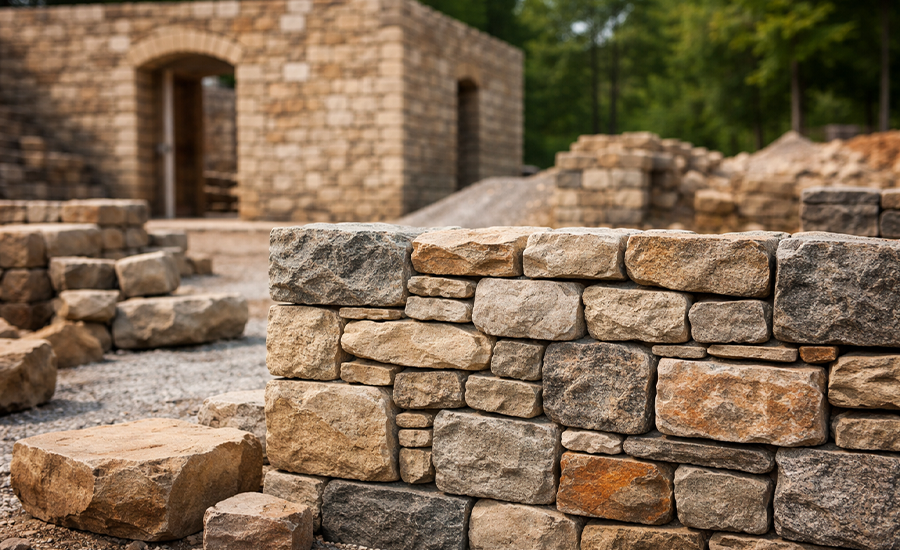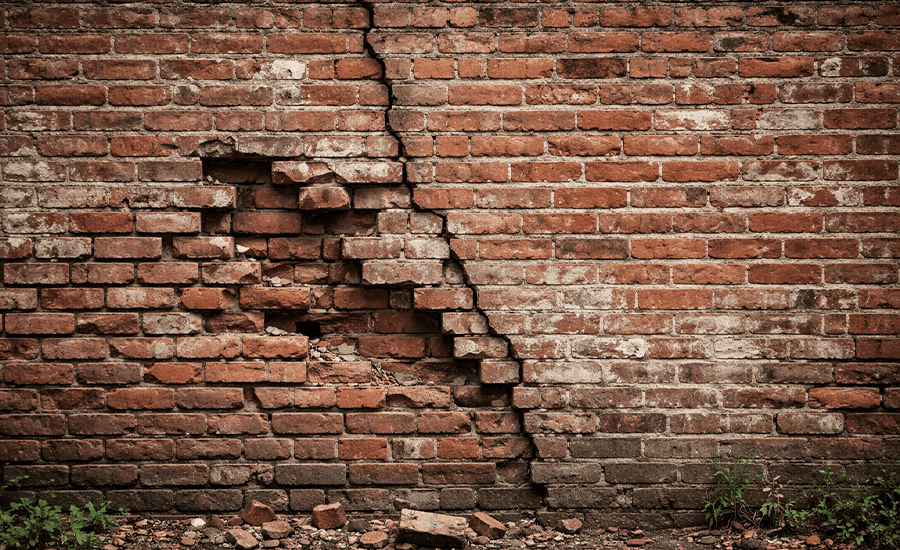Local Law 11 is the regulation made for six-story buildings in New York City, commonly known as the (FISP) Façade Inspection & Safety Program. This law conducts inspections and performs masonry repairs in residential and commercial buildings above six floors. This law is imposed for the structural soundness and the safety of occupants and pedestrians. The main issue arises in the cost of local law 11 compliance, as the inspections, required materials, repairs, and different quotations from the contractors fluctuate with time, which influences the price.
In this blog, we’ll break down the overall cost included in local law 11 projects from start to finish and what factors drive the costs of local law 11.
What is Local Law 11?
Local Law 11 is the law that applies to buildings that are above six floors in NYC. It should be inspected every five years by a QEWI (Qualified Exterior Wall Inspector). This regulation was formed for homeowners to take rapid action on the repairs and safeguard the pedestrians, occupants, and public from the damage.
Local Law 11 Expense Structure
Here is the detailed breakdown of the cost of local law 11, which depends on the severity of the repairs and the size of the building. Let’s have a look at the main expenditures:
Initial Inspection Fees
The first step includes hiring the (QEWI) inspectors who can propose the quotations ranging from:
- $8,000 – $20,000 for small to mid-sized buildings
- $20,000 – $60,000 for large or complex buildings
Official Filing Charges
The Department of Buildings requires filing fees when submitting the FISP report:
- $425 per report
- $100 for an amended report
Structural Repair Charges
This is where costs vary the most. Some buildings pass inspection with only minor fixes, while others require extensive façade restoration. Repair costs may include:
- Minor repairs (crack sealing, repointing mortar, patching): $5,000 – $50,000
- Moderate repairs (brick replacement, lintel repair, waterproofing): $50,000 – $250,000
- Major restoration (structural reinforcement, complete façade replacement, parapet reconstruction): $250,000 – $1,000,000+
Scaffolding Rental & Setup Costs
New York City requires sidewalk sheds to protect pedestrians whenever façade work is done. The rental and installation costs can add up quickly:
- $120 – $150 per linear foot per month
- For a large building, this could mean $10,000 – $40,000+ per month
We’ve also explained the risks of neglecting exterior structures in our blog risk of brick fall.
What Drives Local Law 11 Expenses?
The key driver that tells where your project falls. Let’s determine whether your local law 11 project is budget-friendly or if the expenses rise significantly.
- Property Age: Timeworn buildings demand more significant repairs.
- Surface Composition: Different materials require distinct care & maintenance, like terracotta, limestone, bricks, and stones, etc.
- Condition Severity: Address the minor repairs asap before they escalate into costly restorations.
- Worksite Constraints: Inaccessible facades often call for scaffolds and ropes, which are additional charges.
- Deadline Factors: Procrastinating paperwork & scheduling leads to an increase in the charges and prolonged rental commitments.
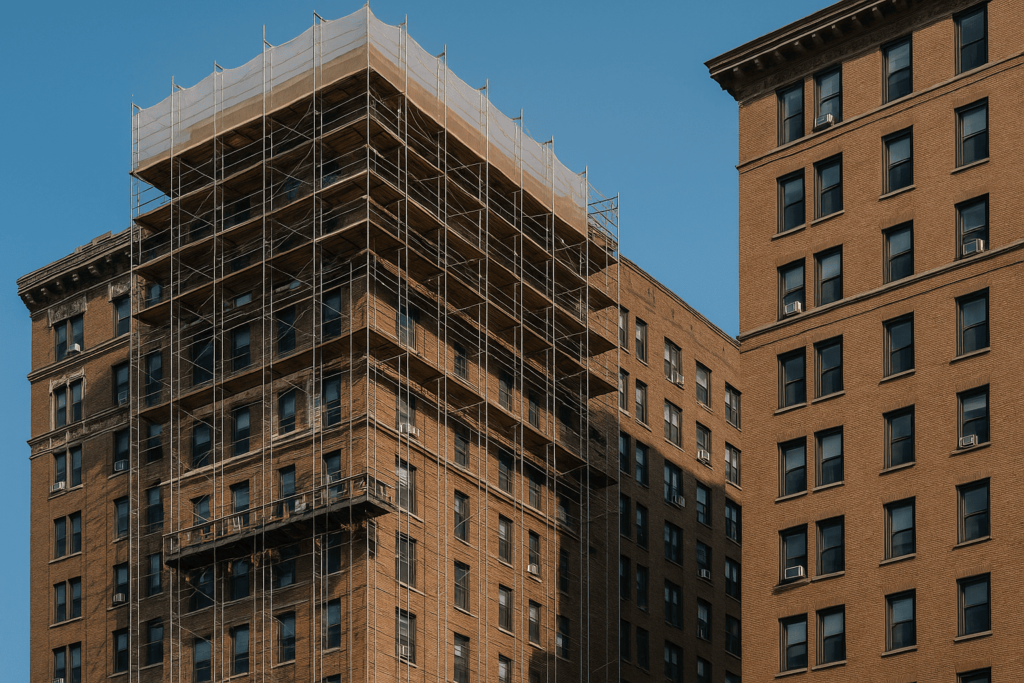
Smart Budgeting for Local Law 11
Follow the given strategies to stay on budget in local law 11:
- Plan Finances: Make the annual budget plans early to avoid disruption in the upcoming inspections.
- Routine Upkeep: Resolve the minor facade wear & tear on time to avert the expensive repairs.
- Work with skilled contractors: Hire an expert QEWI so that he can identify the early problems, offer you budget-friendly fixes, and reduce the risk of overspending on repairs.
- Bargain for better pricing: Seek several quotations to get the fair & best pricing.
- Keep an eye on rentals: Make sure the schedules are streamlined because prolonged rentals can be a significant expense.
How To Keep Compliance Affordable?
Managing Local Law 11 compliance doesn’t always have to strain your budget. Before jumping into practical tips, it’s important to understand how smart planning can make the process more cost-effective. Here are some proven ways to keep expenses under control:
- Make sure to avoid the operational access cost.
- Go for simultaneous & all-in-one projects, to save money & time.
- Keep the repair documentation and records to steer clear of the extra work.
- Collaborate with a licensed local law 11 contractor, as they have more knowledge on the specific niche and can make your process hassle-free.
Conclusion
In conclusion, it is essential for homeowners in NYC to get their buildings inspected by Local Law 11, ensuring they get a pass in all the inspections without imposition of penalties. By following the above tips, you can easily manage your budget while streamlining the process by avoiding extra expenses. Comply with professionals and legal regulatory bodies for guaranteed best outcomes.
For more insights on masonry regulations and protection, don’t miss our blog how do city regulations impact brick repointing projects?
Sardar Restoration Corp. proudly serves every corner of NYC, including the Bronx, Manhattan, Brooklyn, Westchester, and Queens. Our services are designed to meet your needs, providing top-quality solutions wherever you are. Check our service areas to see how we can assist you in your location.
Contact us today at (+1) 917-355-8556 or sardarrestoration@gmail.com, or visit us at 2770 Fish Ave, Bronx, NY 10469, United States.
FAQs
Do you handle Local Law 11 inspections?
Yes! Sardar Restoration Corp. handles all the local law 11 inspections as we work with licensed & qualified inspectors who make the documentation process hassle-free.
Can you give me an estimate of Local Law 11 costs for my building?
Yes! Sardar Restoration Corp. delivers a detailed estimate for local law 11 cost, including permit cost and other fees, by analyzing the building’s size, age, materials, and existing façade conditions.
Will you set up the sidewalk shed for my building if required?
Yes! Sardar Restoration Corp. expertly sets up the sidewalk shed and scaffoldings in your buildings with utmost safety, ensuring to align with DOB & LOCAL LAW 11 rules and regulations.
Can you work within my budget for Local Law 11 compliance?
Sardar Restoration Corp. provides the most cost-efficient and budget-friendly solutions that fit your budget, but it totally depends on the scope of your project. We comply with local law 11, ensuring to avoid future repairs and penalties.
How much does it cost to file a Local Law 11 report?
The filing fee is $425 for each report submission, plus $100 for amendments if needed.
How often do I need to pay for Local Law 11 inspections?
Inspections are required every five years, and the cost depends on building size and condition.
Does building height affect Local Law 11 costs?
Yes, taller buildings usually require more scaffolding and labor, which increases the overall cost.
